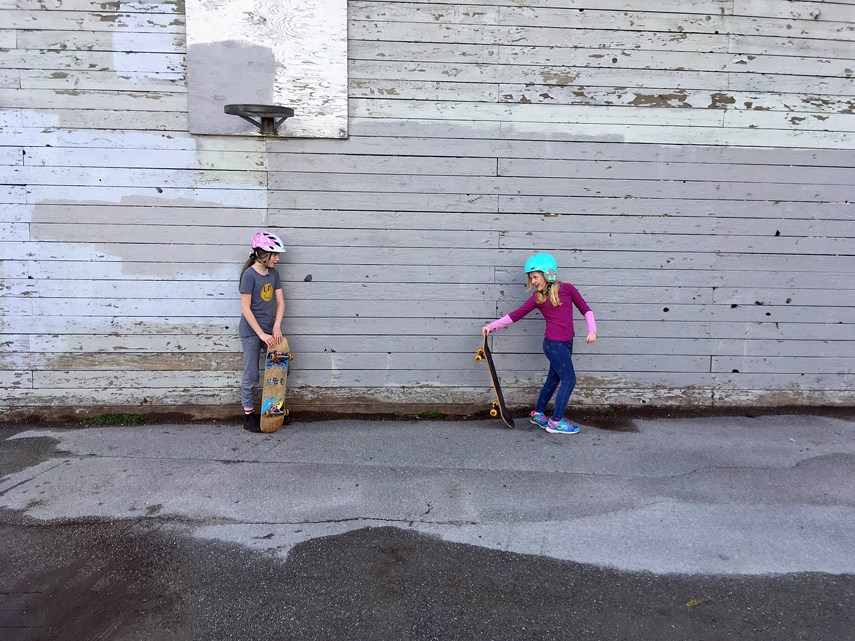The photos you’ve taken of sourdough starter, hearts of support painted on windows, and rocks with cheerful messages strewn about the community are an excellent representation of our current moment, but they’re also history in the making, according to North Vancouver Museum and Archives.
In an effort the capture what was important to us, what made us frown, what made us smile, and what kept us going during the era of COVID-19, the museum is seeking your digital images, journal entries, drawings and videos that express how you’re feeling and what’s been important to you.
The museum is asking those interested in submitting their digital content from this time to use the hashtag #NorthVanStories on Facebook, Twitter and Instagram, according to Jessica Bushey, museum archivist.
“To me, the definition of archives or archival material is the byproduct of our activities and communications and daily lives,” said Bushey. “The whole idea of social distancing, I think, has really spurred social media as a way of connecting.”
The museum’s social media initiative was launched a few weeks ago and seeks to preserve the experience of the North Vancouver community during the ongoing pandemic so that future generations may know more about what daily life was like.
Based on submissions submitted so far, it seems like food – and the intricate preparation of it – has been very important to us as people have bunkered down at home and hunkered down on meals, said Bushey.
“The larger archival community throughout Canada and B.C. has been talking about how to preserve this time,” she said. “Albeit fleeting, social media posts have the potential to be very meaningful presentations of contemporary life, especially when they are purposefully collected and preserved for the long-term.”
The campaign has featured weekly prompts – such as if you’ve taken an image that encapsulates this time for you, or is there an object that’s become particularly meaningful for you as the pandemic’s raged on? – which aim to provide people with guidance, said Bushey.
And while submitted food pics have been common, so have images of kids trying out new hobbies while sequestered from school, passersby observing the new reality of signs enforcing two-metre physical distancing requirements, and poems extolling what’s important to them during these trying times, added Bushey.
“There’s been this growing trend in realizing if we don’t capture social media as cultural heritage organizations, and we leave those communications in those social media platforms that are owned by large proprietary corporations, that we may lose access to them in the future – and we won’t be able to give an accurate, contextual representation of what life is like and what life was like at the time,” she said.
The #NorthVanStories campaign is part of what the museum has been doing to develop virtual programs to keep connected with the North Shore community, even though the museum and archives had to close its physical space in March in order to do its part in curbing the spread of novel coronavirus.
Submissions to the #NorthVanStories campaign can also be emailed to [email protected].



